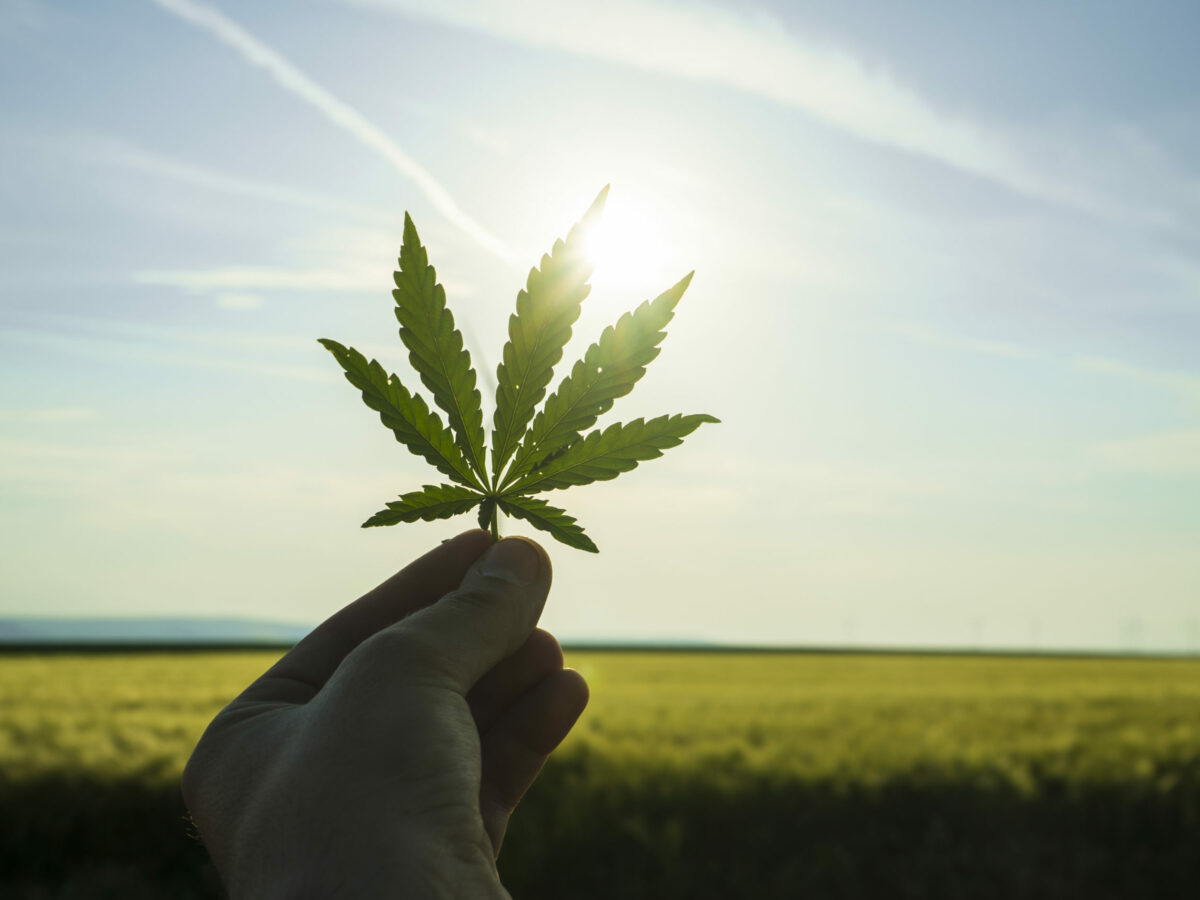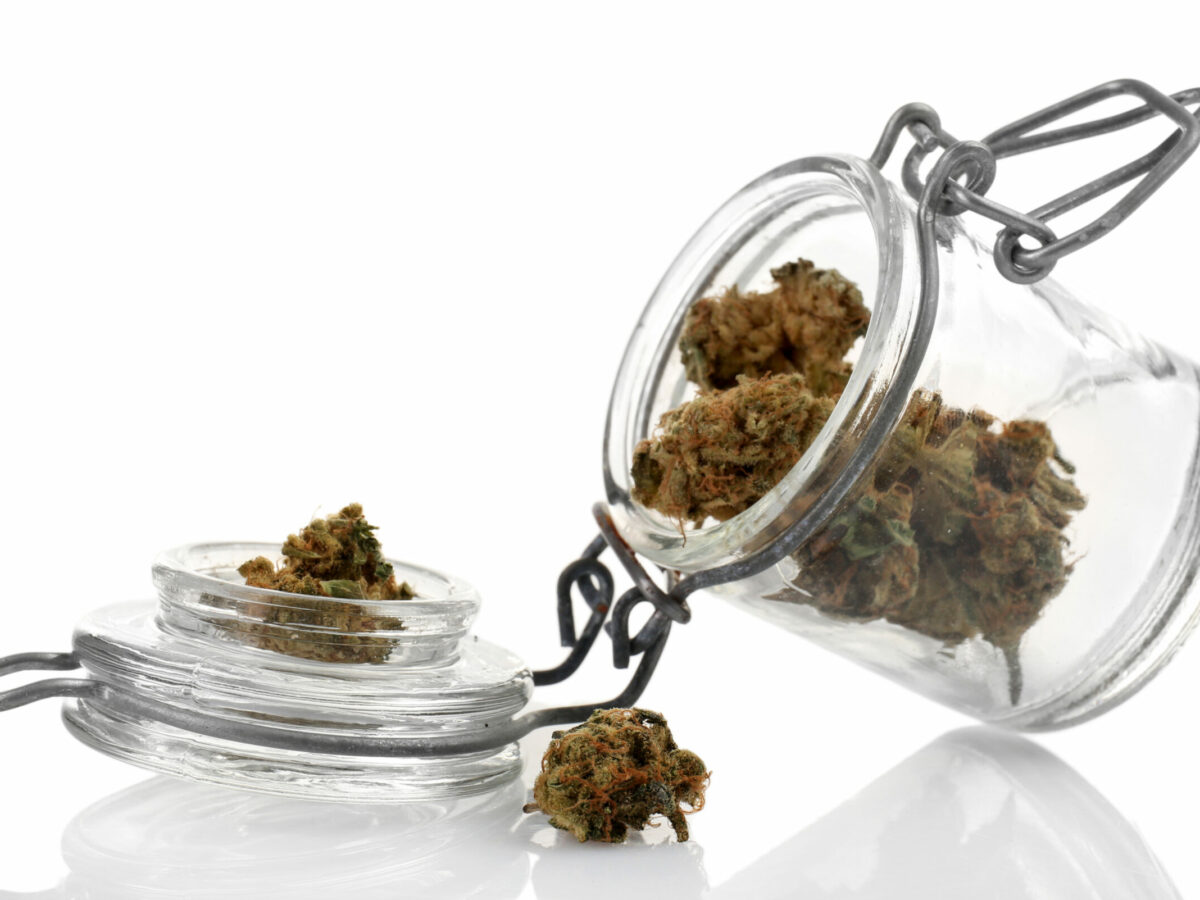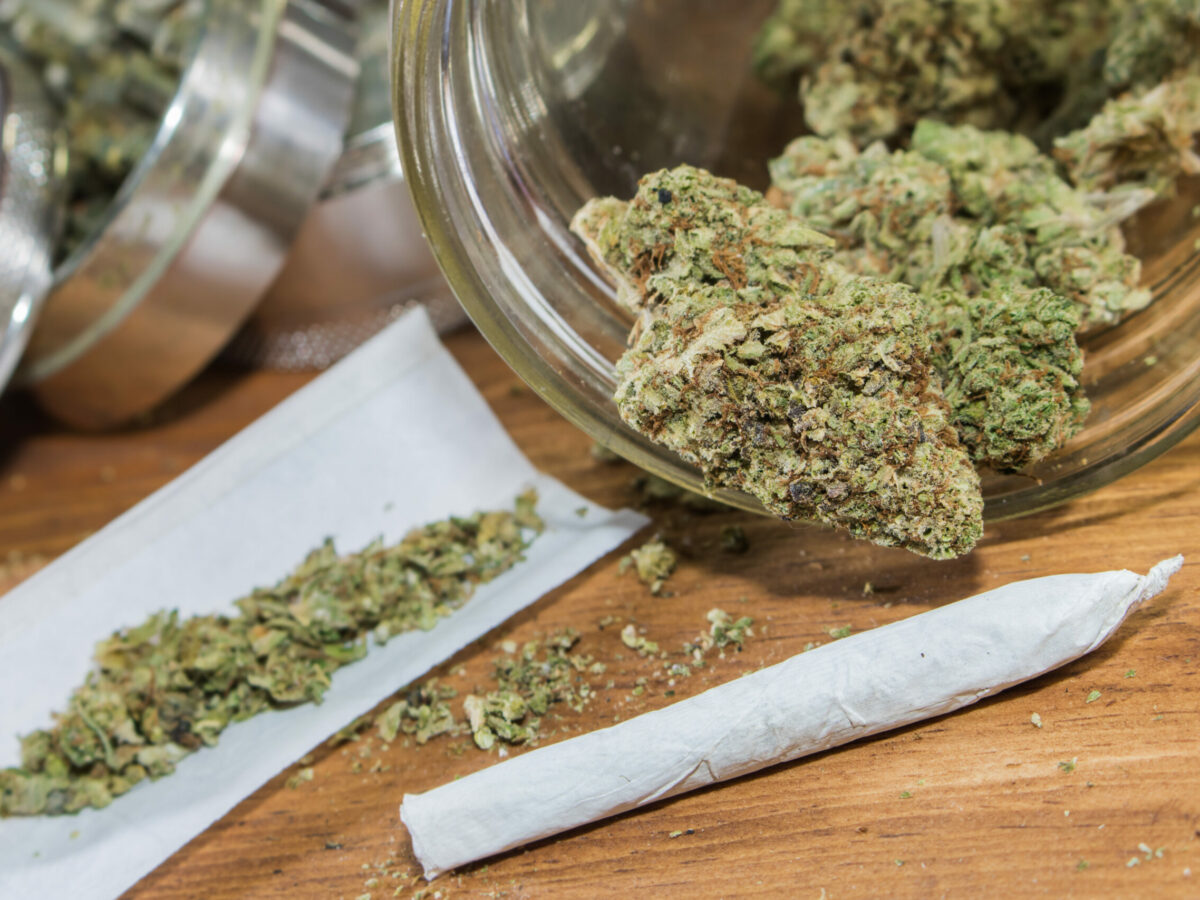Among local drug policy watchers, all eyes were on Virginia and Maryland this spring as lawmakers hotly debated the future of legalization in their states. But in both states, lawmakers eventually punted on setting up a regulated adult-use market, deferring any major decisions — aside from the very question of legalization — until 2023.
Meanwhile, advocates and lawmakers in their tiny neighbor to the north were quietly planning their own coup. Observers now say — even despite a couple recent setbacks in Dover — that Delaware could soon become the next state in the Mid-Atlantic to greenlight recreational cannabis and launch a regulated market.
“Was it on my radar? Yes,” said Bill Huber, an attorney who specializes in pot policy at Towson-based law firm Nemphos Braue.“Was it on the top of the list? Absolutely not. I thought they were more of a follower than a leader when it came to that.”
It may seem an odd prediction given Delaware Gov. John Carney’s recent controversial veto of a bill to eliminate penalties for small amounts of cannabis..Not to mention the measure to tax and regulate weed that days earlier fell one vote short in the state House.
Still, supporters say there’s a path forward in Delaware. The tax and regulation bill, which failed to pass because one of its co-sponsors was out sick with Covid, is due for another vote in the next 60 days thanks to some last-second maneuvering by lead sponsor Rep. Ed Osienski (D-Newark). As for the bill Carney vetoed, the legislature approved it with a veto-proof majority, meaning lawmakers could override the governor’s decision.
Past polls show roughly three-fifths of Delawareans support recreational legalization.
“We’re confident lawmakers will vote with the will of their constituents,” said Laura Sharer, executive director of Delaware NORML, an organization that advocates for legalization.
Thousands of jobs, millions in tax dollars
Beau Whitney, a cannabis economist, took a hard look this spring at what legalization would mean for Delaware’s economy.
He forecast that legalizing pot would create some 3,100 jobs by 2025 while generating $187 million in annual sales ($27 million from tourists alone). That would translate to $30 million in additional tax revenue each year –– equivalent to roughly one-quarter of Delaware’s cigarette tax revenue from fiscal 2021.
And then there are secondary effects, like a $120 million reduction in annual health care expenses as more Delawareans use cannabis for pain, anxiety and other ailments instead of prescription drugs, thus requiring less “reactive health care intervention by the state.” Whitney said.
He also estimates every dollar spent on weed would lead to $2.40 to $2.80 in additional spending at nearby retailers, coffee shops, food establishments and elsewhere. “When you’ve got the sales there, you’ve got almost triple the effect,” he said. “That’s a big deal.”
Whitney conducted his analysis before Osienski broke his initial legalization bill, HB 150, into two separate proposals — one to authorize possession and the other to set up a regulatory framework for weed sales.
The regulatory bill, HB 372, sets a 15% sales tax on dispensary products, and creates up to 30 retail, 30 processing, 60 cultivation and five testing licenses. (Delaware, it’s worth noting, already has medical cannabis in place.) The state would have about a year and a half to issue the new licenses, with half of dispensary permits and a third of cultivation and processing permits reserved for “social equity” applicants –– in short, people who were disproportionately affected by weed prohibition.
Home cultivation would remain illegal — something advocates hope legislators will address next year — and municipalities would be free to ban weed companies from setting up shop within their borders.
Huber applauded Delaware lawmakers for pushing to join the movement of 18 states plus D.C. that have legalized. “I say overall, good for them, good for any state making those changes,” he said. But he questioned the need for so many cultivation licenses in the nation’s second-smallest state by land area and sixth-smallest by population.
“Even if a tiered system is in place, 60 just seems way too high for such a small geographical area,” he said, adding that allowing towns to ban the weed industry could condense businesses in areas where they’re allowed.
Gray market fears and regional implications
So what scenarios remain for legalization before the legislature adjourns June 30?
On one hand, the General Assembly could legalize possession by overriding Carney’s veto and later approve the sales bill on a second vote next month. On the other hand, the veto override could also fail, stalling legalization completely in 2022.
There’s also a limbo scenario where the basic legalization measure passes while its regulatory counterpart withers, opening the door for a gray market to flourish in Delaware as weed would be legal to possess with nowhere to legally purchase it.
D.C. residents know that limbo world well. Though the nation’s capital legalized possession years ago, Congress has blocked local officials from launching a regulated market for weed, leading to an explosion of unlicensed cannabis shops and delivery services across the city.
Sharer, of NORML Delaware, said a gray market could emerge in Delaware, though it’s less politically viable for lawmakers to legalize possession without launching a regulated market. That’s in part why Osienski broke his legalization bill into two this spring. Doing so “in some ways is forcing [legislators’] hands, in being given the option of a gray market and the question of where is it coming from.”
For instance, users could hop over the Delaware border to buy weed in newly legal New Jersey.
“Are we really gonna lose the money and lose that safe access, forcing Delawareans to make that drive and take that burden when we could just create this regulated market here in our state?”
A regulated market in Delaware could have its own separate effects on Maryland and Virginia. The state could effectively leap-frog both in setting up its adult-use economy first, since both have decided to wait until 2023 to hammer out the details of regulating sales and issuing licenses. (Marylanders will vote on the issue of legalization itself at the ballot this fall.)
“And the longer that it takes Maryland or Virginia to deploy, then that will just be added monies for Delaware,” Whitney noted.
Delaware beaches are known tourist destinations for Marylanders and Virginians, and Huber noted the effects could be felt particularly around the borders where Marylanders could hop over to buy weed only to bring it back home.
“Absolutely, speed to market is a huge issue, and I think you’ll see a big influx of Marylanders into Delaware for that purpose,” the Towson attorney said. “And that’s something that the Maryland legislature has to keep an eye on,” he added.
The brewing competition for tax revenue is part of the equation, Sharer admits. “If Delaware doesn’t enact this policy, could Maryland be beating us out?”
But she’s concerned mostly with getting lawmakers to approve an equitable and reparative framework this session. She said she’s “proud” of Osienski’s regulatory bill for prioritizing smaller businesses in the licensing process and allowing people with prior cannabis offenses to participate in the market.
Advocates want Delaware to become “a leader in equitable cannabis policy,” she said. “We know that Maryland will soon follow suit, we recognize that New Jersey has just had this victory… We want to claim our stake.”



